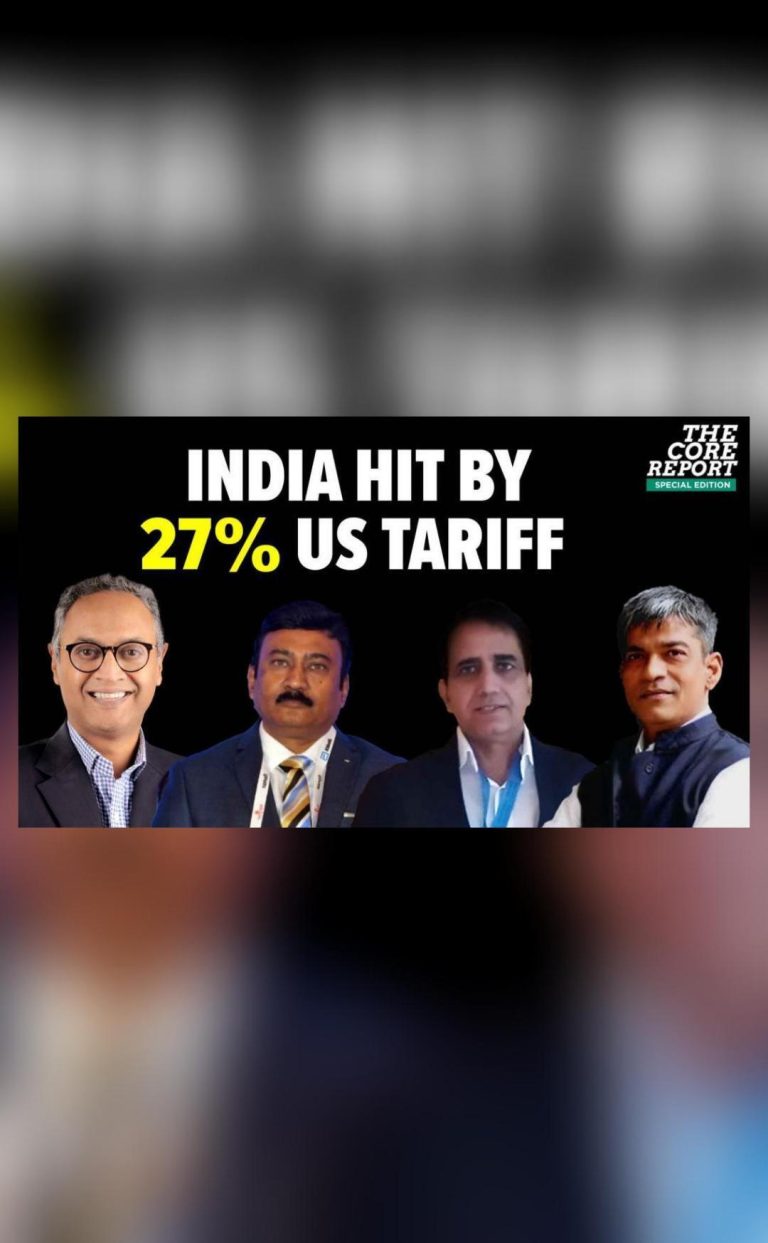
Markets Hold Firm as India Navigates Tariff Turbulence
The Indian markets have been facing significant headwinds in recent times, with the ongoing trade tensions between the US and other countries causing global uncertainty. However, despite these challenges, the Indian markets have held firm, buoyed by strong domestic fundamentals and a resilient economy.
One of the key factors that has contributed to the stability of the Indian markets is the exemption from tariffs granted by the US to several Indian pharmaceutical companies. This exemption has been a major relief for the pharma industry, which had been facing significant uncertainty due to the ongoing trade tensions. The exemption has not only boosted the confidence of investors in the pharma sector but has also provided a much-needed respite to the industry.
Another sector that has benefited from the tariff exemptions is the textiles industry. With textiles being a major competitor to Vietnam and Bangladesh, the exemption from tariffs has given Indian textile companies a competitive edge over their rivals. This has not only boosted the confidence of investors in the sector but has also provided a much-needed boost to the industry, which had been facing significant challenges due to the ongoing trade tensions.
Global markets, on the other hand, have been slumping due to the ongoing trade tensions. The US-China trade war, in particular, has been a major concern for global markets, with investors becoming increasingly wary of the potential impact on the global economy. However, despite these concerns, the Indian markets have continued to hold firm, demonstrating the resilience of the Indian economy.
One of the key factors that has contributed to the stability of the Indian markets is the return of foreign institutional investors (FIIs). FIIs had been net sellers in the Indian markets for several months, but in recent times, they have been returning to the market, driven by the strong fundamentals of the Indian economy. This has not only boosted the confidence of investors in the Indian markets but has also provided a much-needed boost to the economy.
Oil prices have also been a major factor in the stability of the Indian markets. With oil prices dipping below $70 per barrel, the cost of production for Indian companies has decreased, providing a much-needed relief to the industry. This has not only boosted the confidence of investors in the Indian markets but has also provided a much-needed boost to the economy.
Finally, the expected rate cut by the Reserve Bank of India (RBI) may also provide a much-needed boost to the Indian markets. The RBI has been monitoring the economy closely and has been considering a rate cut to boost liquidity and stimulate economic growth. A rate cut would not only provide a much-needed boost to the economy but would also boost the confidence of investors in the Indian markets.
In conclusion, the Indian markets have been facing significant headwinds in recent times, but they have held firm, buoyed by strong domestic fundamentals and a resilient economy. The exemption from tariffs granted by the US to several Indian pharmaceutical companies has been a major relief for the pharma industry, while the competitive edge provided to Indian textile companies has given them a major boost. Global markets have been slumping due to the ongoing trade tensions, but the Indian markets have continued to hold firm, demonstrating the resilience of the Indian economy. The return of FIIs, the dip in oil prices, and the expected rate cut by the RBI may also provide a much-needed boost to the Indian markets.
Source: https://www.thecore.in/podcasts/indian-markets-battle-tariff-headwinds-832842






